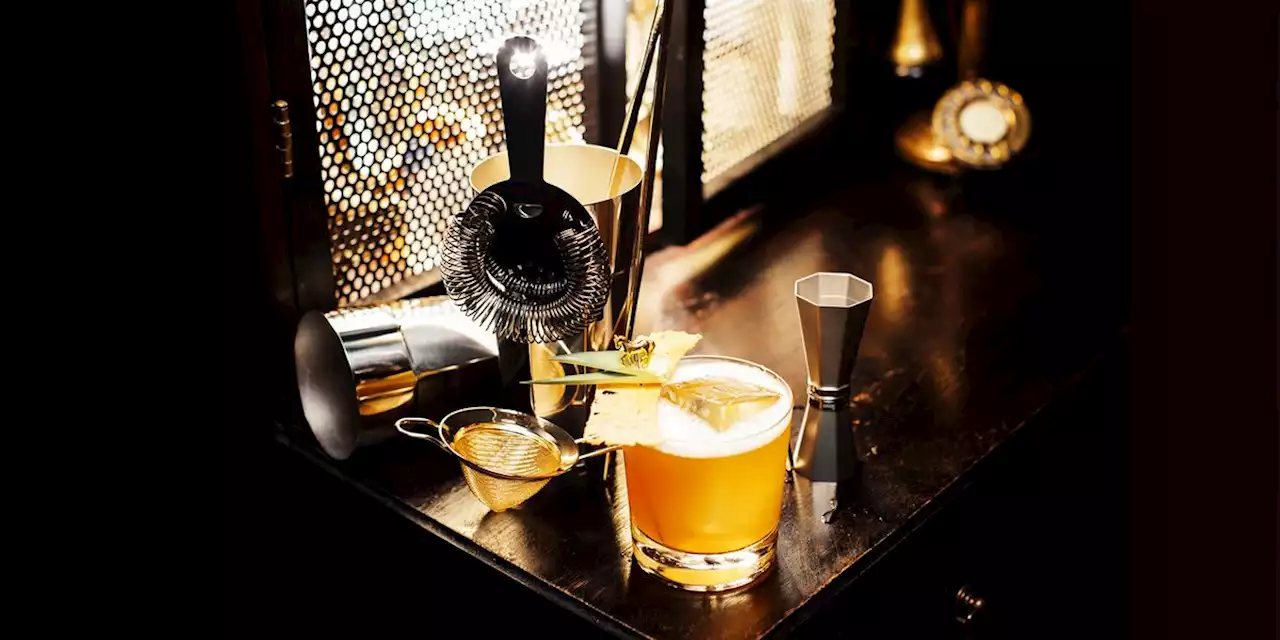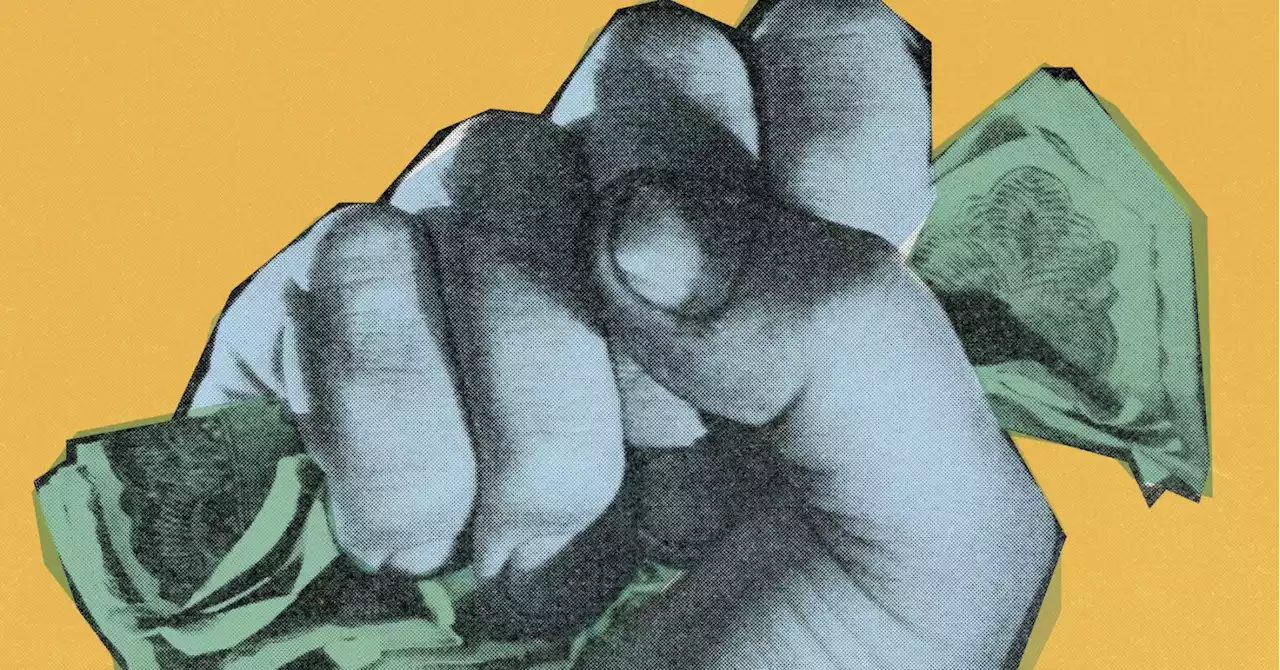Get to know your boobs.
But back to checking our boobs ourselves, it's clear there's a lot of confusion. A shocking six million women declared they don’t know how to check their breasts for cancer and a staggering 80% of women are unclear on what could increase their risk of breast cancer, according to Bupa Health Clinics.
It can seem scary, but getting to know our bodies regularly is the best way to keep on top of any changes and get them checked out if necessary. Try and choose the same time every month to check them – after your period is best – so you can get to know what's normal for you. Aside from a lump, there are seven other signs that we should be looking out for – if you spot any of these, it's best to see your doctor. Most of the time, there'll be another explanation for your symptom, but early detection is essential when it comes to treating breast cancer.
First, look at your breasts and check if you can notice anything visually. Lift your arms in the air to check underneath your armpits, too. Then, use the flat part of your fingers to feel and press across your breasts, armpit, collarbone and nipples. If you get into the habit of doing this regularly, you'll quickly get to know what's normal for you.
Remember, the sooner breast cancer is diagnosed, the more likely treatment will be successful. Which is why it’s so important that make note of any changes or concerns and get them checked out with our GP.
South Africa Latest News, South Africa Headlines
Similar News:You can also read news stories similar to this one that we have collected from other news sources.
 Introducing the Esquire Bar Cart 2022A definitive guide to the best booze and barware on the market, according to experts
Introducing the Esquire Bar Cart 2022A definitive guide to the best booze and barware on the market, according to experts
Read more »
 Katie Couric's husband John Molner's support amid breast cancer diagnosisKatie Couric's husband John Molner has been the most supportive husband since his wife's breast cancer diagnosis
Katie Couric's husband John Molner's support amid breast cancer diagnosisKatie Couric's husband John Molner has been the most supportive husband since his wife's breast cancer diagnosis
Read more »
 Long-term study supports link between inflammation and cognitive problems in older breast cancer survivorsScientists are still trying to understand why many breast cancer survivors experience troubling cognitive problems for years after treatment. Inflammation is one possible culprit. A new long-term study of older breast cancer survivors published today in the Journal of Clinical Oncology and co-led by UCLA researchers adds important evidence to that potential link.
Long-term study supports link between inflammation and cognitive problems in older breast cancer survivorsScientists are still trying to understand why many breast cancer survivors experience troubling cognitive problems for years after treatment. Inflammation is one possible culprit. A new long-term study of older breast cancer survivors published today in the Journal of Clinical Oncology and co-led by UCLA researchers adds important evidence to that potential link.
Read more »
 How to cut down on emotional spending, according to financial expertsWhen you’re upset, stressed or worried, is one of your first thoughts to buy something to cheer yourself up? If so, you might be an “emotional spender”.
How to cut down on emotional spending, according to financial expertsWhen you’re upset, stressed or worried, is one of your first thoughts to buy something to cheer yourself up? If so, you might be an “emotional spender”.
Read more »
 Cambodian team hunting looted treasures visits UK museumsThe V&A and British Museum open their collections to check if they hold stolen antiquities.
Cambodian team hunting looted treasures visits UK museumsThe V&A and British Museum open their collections to check if they hold stolen antiquities.
Read more »
